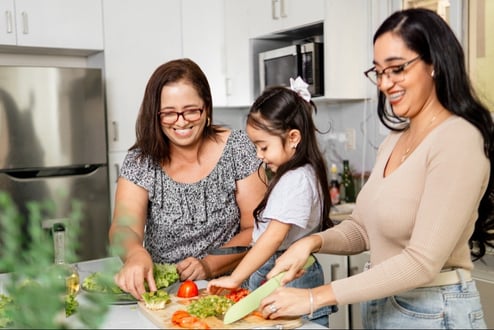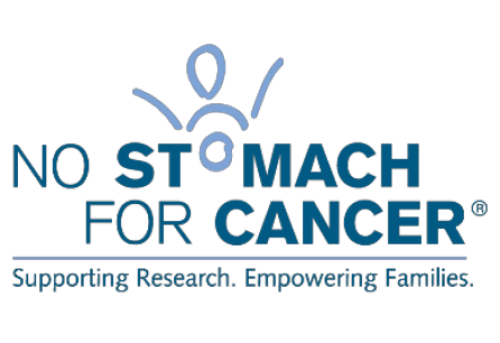CDH1 Gene Mutations: Cancer Risk
Cancer Risks Associated with Inherited Mutations
People with a mutation have an increased risk for lobular breast cancer and a type of stomach (gastric) cancer called hereditary diffuse gastric cancer (HDGC). However, research published in 2024 suggests that the lifetime risk for stomach cancer in mutation carriers may be lower than previously reported. Risk estimates are averages based on research on large groups of people with different types of mutations. Some specific mutations in may have higher or lower cancer risks.
If you have tested positive for an inherited mutation, we recommend that you speak with a genetics expert who can look at your personal and family history of cancer and help you decide on a plan for managing your cancer risk.
It is important to note that cancer risks are estimates over the course of a person's lifetime. Your risk will vary, depending on your:
- current age
- gender
- specific mutation
- personal and family health history
- diet, exercise, lifestyle and other factors
|
Cancer Type |
Risk to Age 80 with a Mutation |
Lifetime Risk for General Population |
Notes |
|
Breast cancer in women |
37% - 55% |
12.5% |
Lobular breast cancer is the most common type with a mutation. |
|
Any stomach cancer in females |
25% - 33% |
Less than 1% |
The risks appear to be in the higher range in people with 3 or more first-degree relatives (parent, child, sibling) with stomach cancer. |
|
Advanced stomach cancer in females |
7% |
Less than 1% |
|
|
Any stomach cancer in males |
37% - 42% |
Less than 1% |
The risks appear to be in the higher range in people with 3 or more first-degree relatives (parent, child, sibling) with stomach cancer. |
|
Advanced stomach cancer in males |
10% |
Less than 1% |
|
|
Sources: NCCN Guidelines: Genetic/Familial High-Risk Assessment: Breast, Ovarian, Pancreatic, v. 2, 2026; NCCN Guidelines: Genetic/Familial High-Risk Assessment: Colorectal, Endometrial, Gastric, vs. 1, 2025; Ryan CE, et. al. CDH1 Variants and Lifetime Cancer Risk. JAMA. 2024 Jun 14. doi: 10.1001/jama.2024.10852. Epub ahead of print. PMID: 38873722. |
|||
Other cancers
Researchers are studying whether mutations increase the risk for other cancers. To date, these studies are not conclusive, and the risks for other cancers are unclear. For this reason, genetics experts often look at a family’s history of cancer to help people with mutations understand their risk for additional cancers.

